Romania is living its best time in its entire history, with a GDP four times higher than in 1989, but it is witnessing a demographic cataclysm, NATO Deputy Secretary General Mircea Geoana said on Thursday.
"How does this end of an era and the beginning of a new historical cycle affect us? To try to answer, we will have to look carefully at the economic model that we have developed in our country in the last decades and understand what I would call the Romanian paradox. From the point of view of the economic cycle, Romania is living its best times in its entire history. Today we have a GDP four times higher than in 1989. And yet, we are witnessing a demographic cataclysm, with the population reaching the 1960s figures. On an area the size of the UK, we will end up being the country with the lowest population density in Europe," Geoana told a "Future of Europe" conference organised by the National Bank of Romania and the Bucharest University of Economic Studies - Faculty of International Economic Affairs, told Agerpres.
He added that, overall, the economy is growing, but development gaps between regions and social categories are greater than before accession to the EU. Romania has the second fastest economic growth in Europe, but that has not translated into poverty alleviation. Geoana pointed to a World Bank study according to which approximately 45% of Romania's population lives in the countryside, where poverty is 20 percentage points higher than in urban areas. This strong duality is visible in unequal opportunities and unequal access to markets, a fact that no longer happens in any of the other European Union countries.
"What is the use of regaining ground compared to the European average, if the human development indicators remain among the worst in Europe? It is not surprising that young people continue to emigrate. It is not surprising that the intellectual elite choose to fulfill their professional career in another country. We are happy maybe because the immigrants from the Middle East or Africa do not choose to stay in Romania, but the causes of their choice must give us food for thought for any future policy related to demography, attracting or retaining the workforce. If we are to say something important briefly we see how the economy is growing, we have all the security guarantees, but the country is becoming more fragile and vulnerable from the inside. That's why I think we can call this situation the Romanian Paradox," said Geoana.
Speaking about the causes of the "Romanian paradox," he mentioned, first of all, the illusion that through Euro-Atlantic integration we have reached the "end of history" for Romania and that, through the effect of traction and spread of ideas, institutions, rules, capital and technology, we will be propelled towards the hard core of Europe.
"It is not understood that being tugged along means being left behind and that the one who imitates will never be better than the original. I myself was one of those who thought that the avatars of history were over for my country when we were raising Romania's flag at NATO or signing the conclusion of accession negotiations in 2004, by the way, without the verification mechanism, and with automatic and unconditional accession to the Schengen Area and the Eurozone 5 years after accession. At that time, I thought that, together with the Euro-Atlantic integration of Romania, our generation's mission was over. I was wrong. Our real mission is only now beginning, in these moments of transformation," Mircea Geoana said.
He mentioned some objectives that should be pursued: fully valuing relevance and strategic location; rethinking and transforming the role and capacity of the state to exercise its essential functions; a new economic model and a renewed social contract, with innovation as the main driver of development; repopulating Romania; rebuilding Romania's reputation in the eyes of its own citizens and the world.
According to Geoana, the construction and promotion of an "articulated and credible" country brand cannot be achieved with today's institutions and resources. It must be built in the same logic of strategic partnership between the public, private and civic areas. Geoana pointed out that models exist, all that is missing is a vision, the appropriate resources and a method.

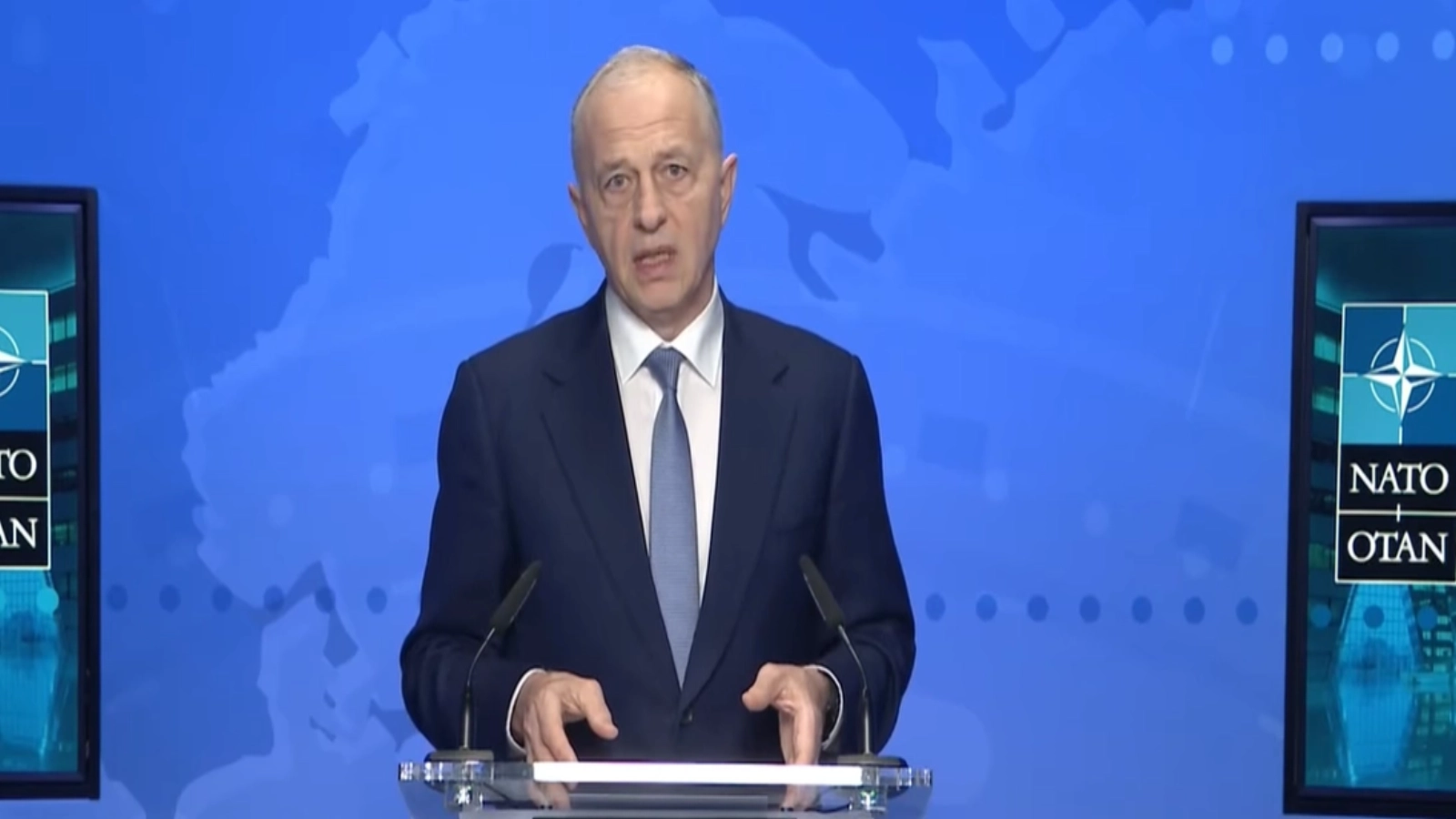
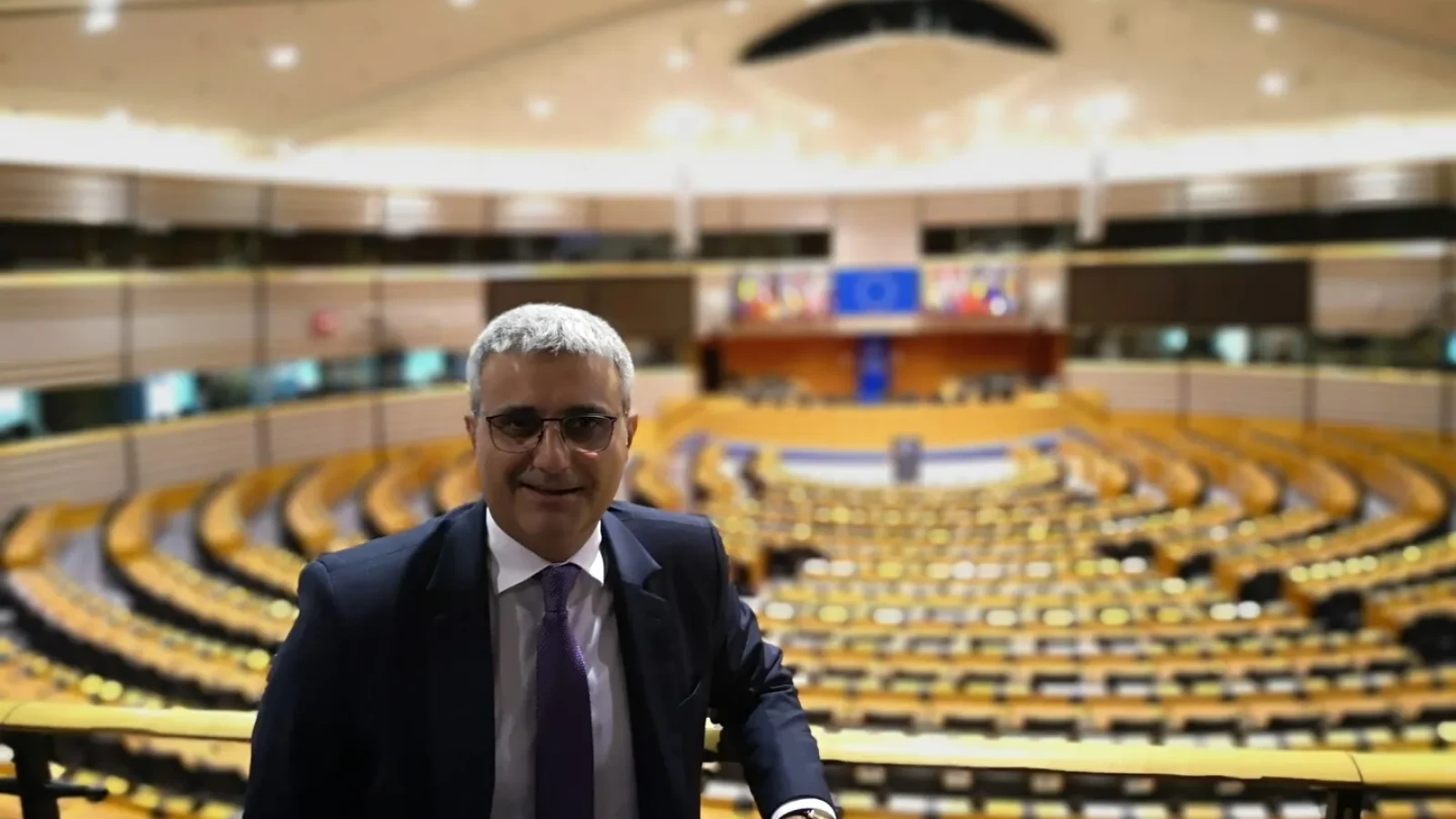
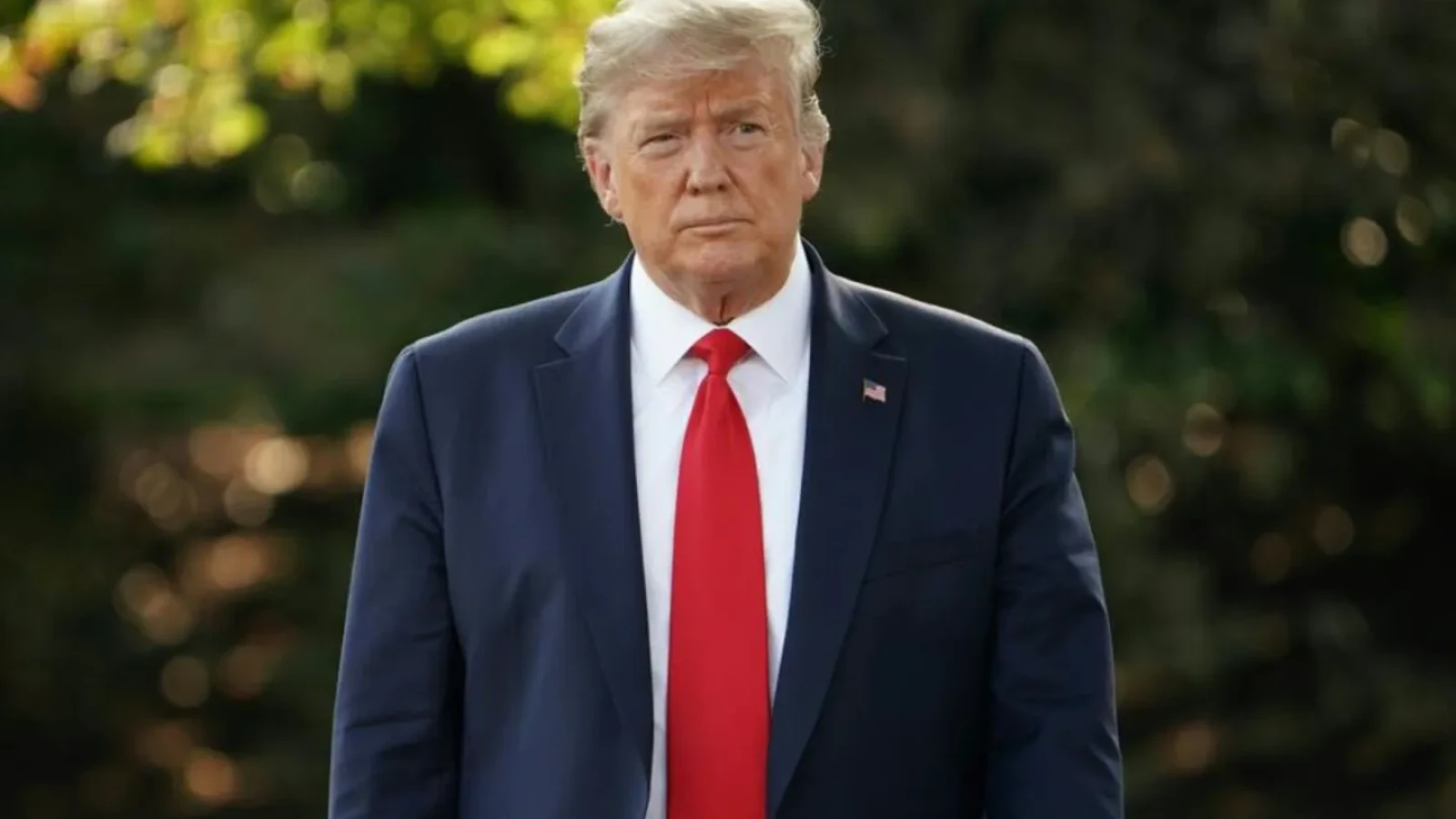

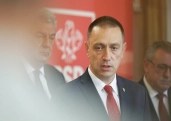















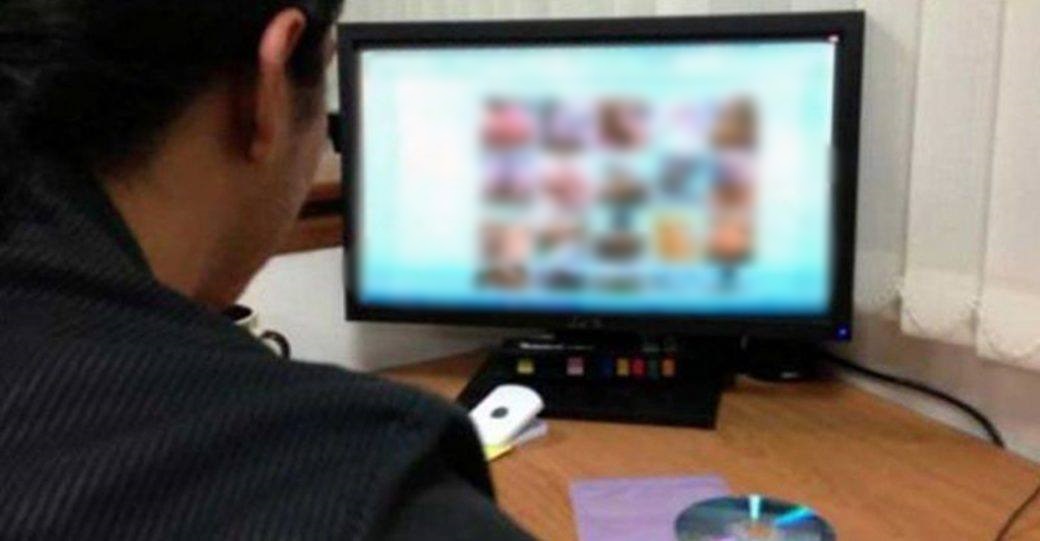
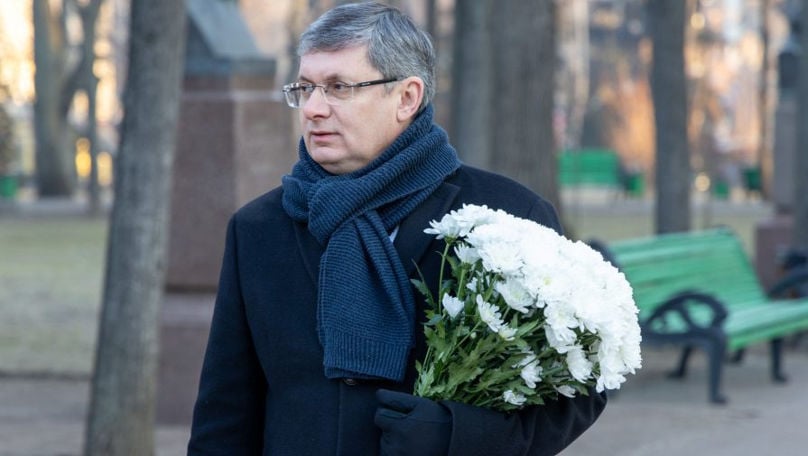


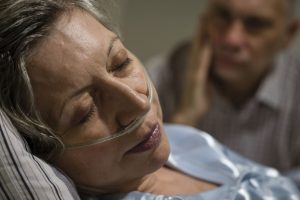






Comentează